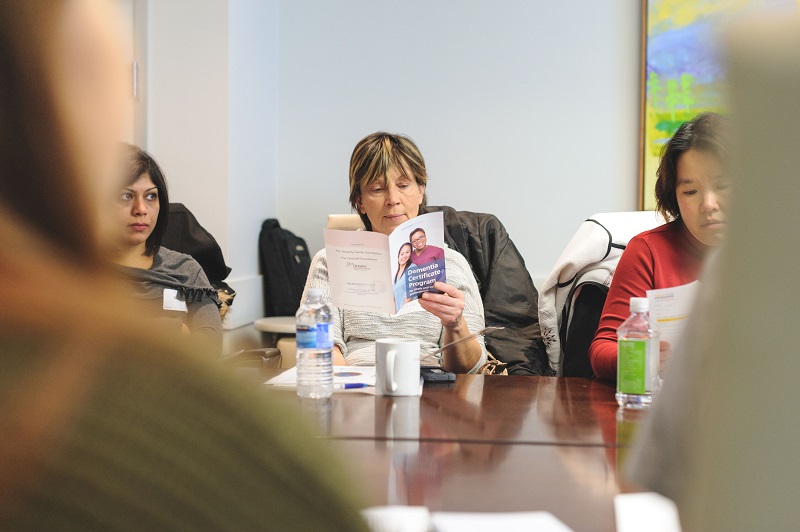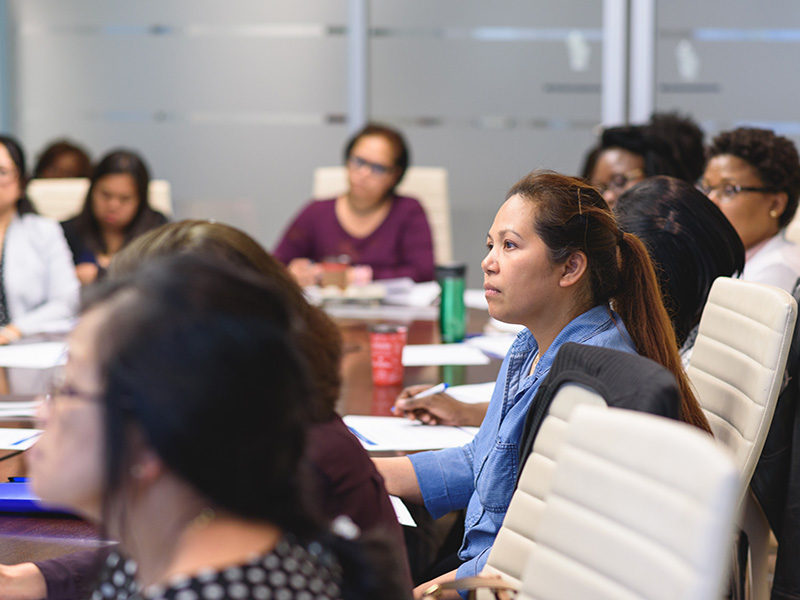Virtual Event
-

Virtual Event
Enhance your knowledge of young onset dementia, the unique challenges faced by the person and their families and opportunities to support someone who is living with young onset dementia.
Registration closed

